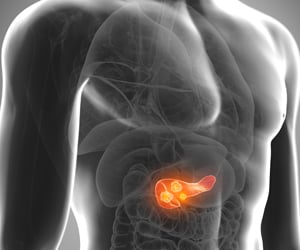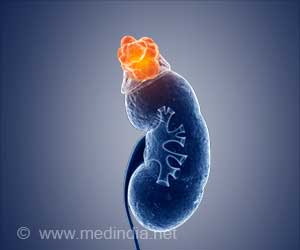Weight gain in women after menopause had increased risk of breast cancer than those who were already overweight or obese or who underwent hormone therapy.

The Women’s Health Initiative (WHI) protocol measured height and weight, baseline and annual or biennial mammograms, and breast cancer in 67,142 postmenopausal women enrolled from 1993 to 1998 with a median of 13 years of follow-up.
There were 3,388 invasive breast cancers. Obesity was associated with markers of poor prognosis; women with a BMI greater than 35 were more likely to have large tumors, evidence of lymph node involvement and poorly differentiated tumors.
Women with a baseline BMI of less than 25 who gained more than 5 percent of body weight during the follow-up period had an increased risk of breast cancer. Among women who were already overweight or obese there was no association of weight change (gain or loss) with breast cancer during follow-up.
There was no effect on the BMI-breast cancer relationship from postmenopausal hormone therapy (HT).
Obesity is associated with a dose-response increased postmenopausal breast cancer risk, particularly for estrogen receptor- and progesterone receptor-positive disease, but risk does not vary by HT use or race/ethnicity.
Source-ANI
 MEDINDIA
MEDINDIA




 Email
Email










